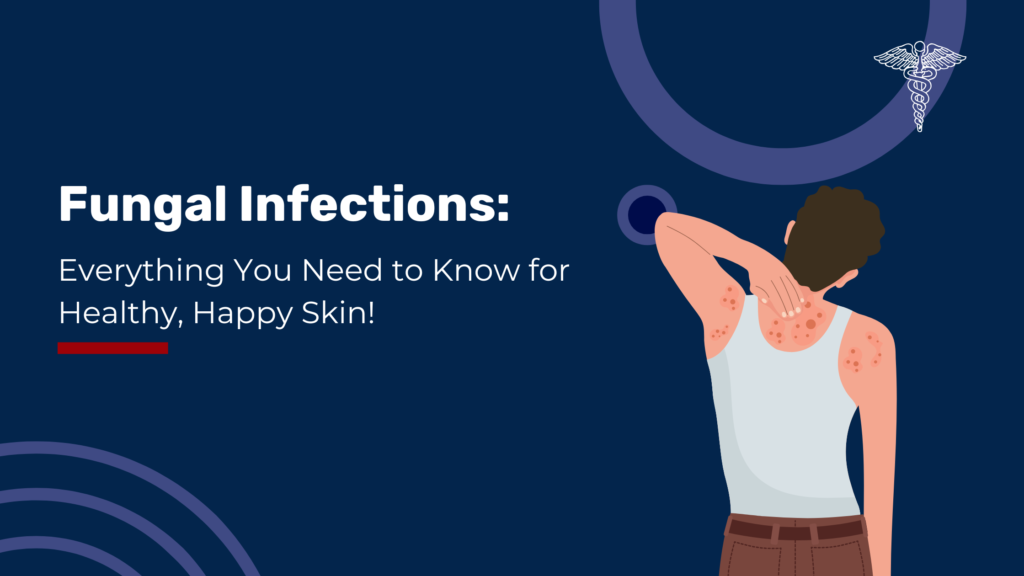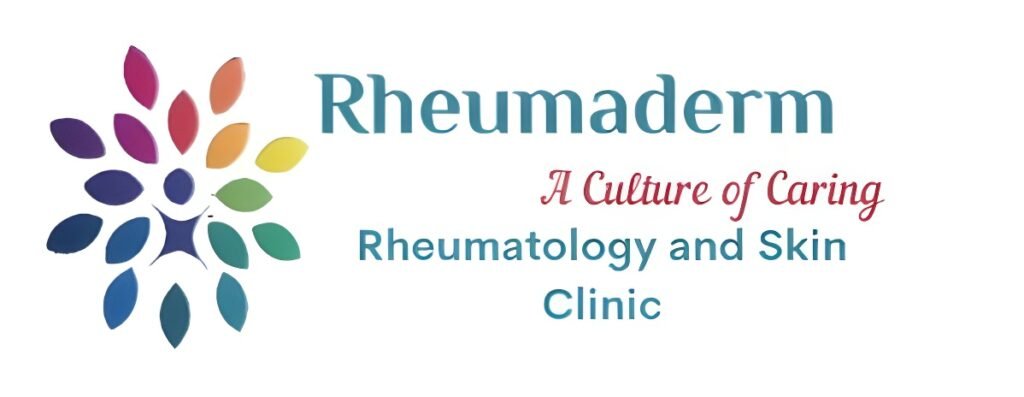Fungal Infections: Everything You Need to Know for Healthy, Happy Skin!

Hello, dear readers! As a dermatologist, I often see patients struggling with itchy, uncomfortable, and persistent fungal infections. But don’t worry – with a little knowledge and care, you can keep your skin healthy and fungus-free!
Let’s dive into the world of fungal infections: what they are, how to prevent them, and the best ways to treat them.
What Are Fungal Infections?
Fungal infections are caused by microscopic fungi that thrive in warm, moist environments. While fungi are all around us (and even on our skin), they can sometimes grow out of control, leading to infections.
Common Types of Fungal Infections:
1️⃣ Athlete’s Foot (Tinea Pedis): Cracked, itchy, and peeling skin between your toes.
2️⃣ Ringworm (Tinea Corporis): Red, circular rashes with clear skin in the center.
3️⃣ Yeast Infections (Candida): Common in moist areas like the mouth and genitals.
4️⃣ Nail Fungal Infections: Thick, brittle, and discolored nails.
5️⃣ Scalp Ringworm (Tinea Capitis): Patchy hair loss and scaly scalp.
Who’s at Risk?
- Anyone can get a fungal infection, but some factors make you more prone:
- Warm and humid weather.
- Wearing tight or damp clothing.
- Sweating excessively.
- Poor hygiene habits.
- Weakened immune system.
If any of these sound familiar, it’s time to step up your skincare game!
Symptoms to Watch For
🔹 Persistent itching or burning.
🔹 Red, scaly patches.
🔹 Thickened or discolored nails.
🔹 Rashes that spread or worsen.
If you notice these symptoms, don’t wait – early treatment is key!
Top Tips to Prevent Fungal Infections
1. Stay Clean & Dry: Dry your skin thoroughly, especially in skin folds and between toes.
2. Choose Breathable Fabrics: Wear loose, cotton clothing.
3. Don’t Share Personal Items: Towels, nail clippers, and shoes should never be shared.
4. Use Antifungal Powder or Spray: Especially in high-sweat areas.
5. Protect Yourself in Public Spaces: Always wear flip-flops in showers, gyms, or pools.
Prevention is always better than cure!
Treatment Options
Fungal infections are usually treatable with: Over-the-counter creams or powders.
Prescription antifungal medications (for stubborn infections).
Specialized treatments for scalp or nail infections.
If your infection doesn’t improve or worsens, it’s time to see a dermatologist!
When to See a Dermatologist?
- If symptoms persist after using OTC treatments.
- If the infection spreads or worsens.
- If you have a weakened immune system or diabetes.
Remember, skin health is essential for overall well-being – don’t ignore the signs!
Final Thoughts: Healthy Skin, Happy You!
Fungal infections might be common, but they’re also easy to prevent and treat with the right steps. By practicing good hygiene, being mindful in shared spaces, and seeking help early, you can keep your skin glowing and healthy.
If you have any concerns, don’t hesitate to book an appointment with your dermatologist.
Have questions? Mail us info@rheumaderm.in or call +91 77385 53219 / 08472 319072
Let’s keep the conversation about healthy skin going.
Stay healthy, stay confident, and remember – your skin deserves the best care!


